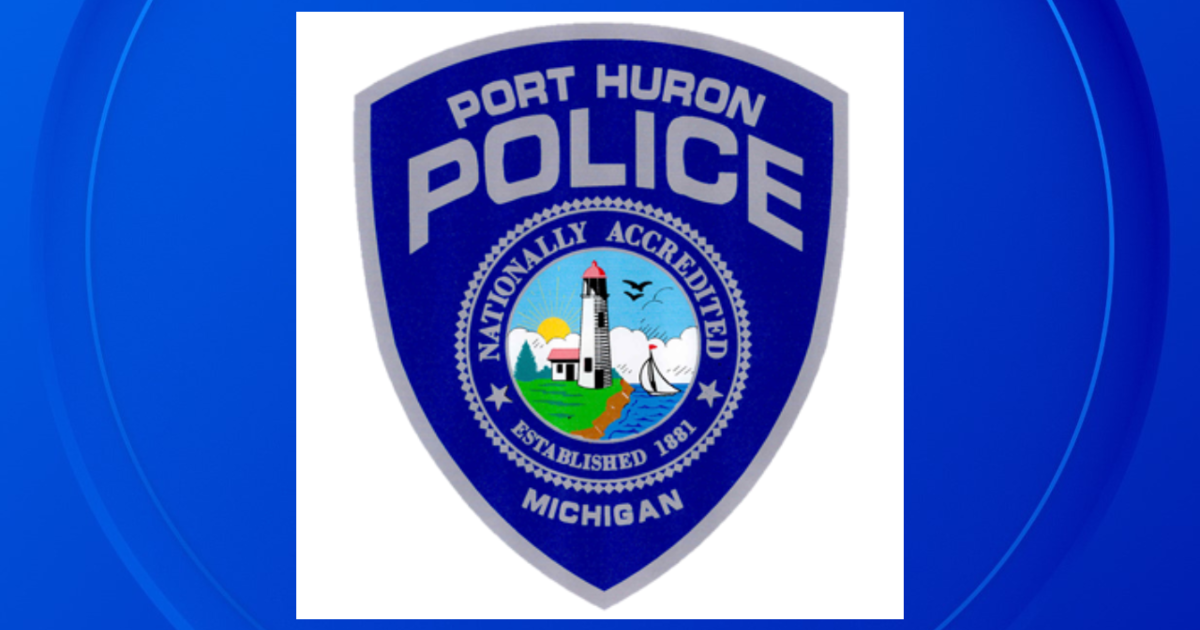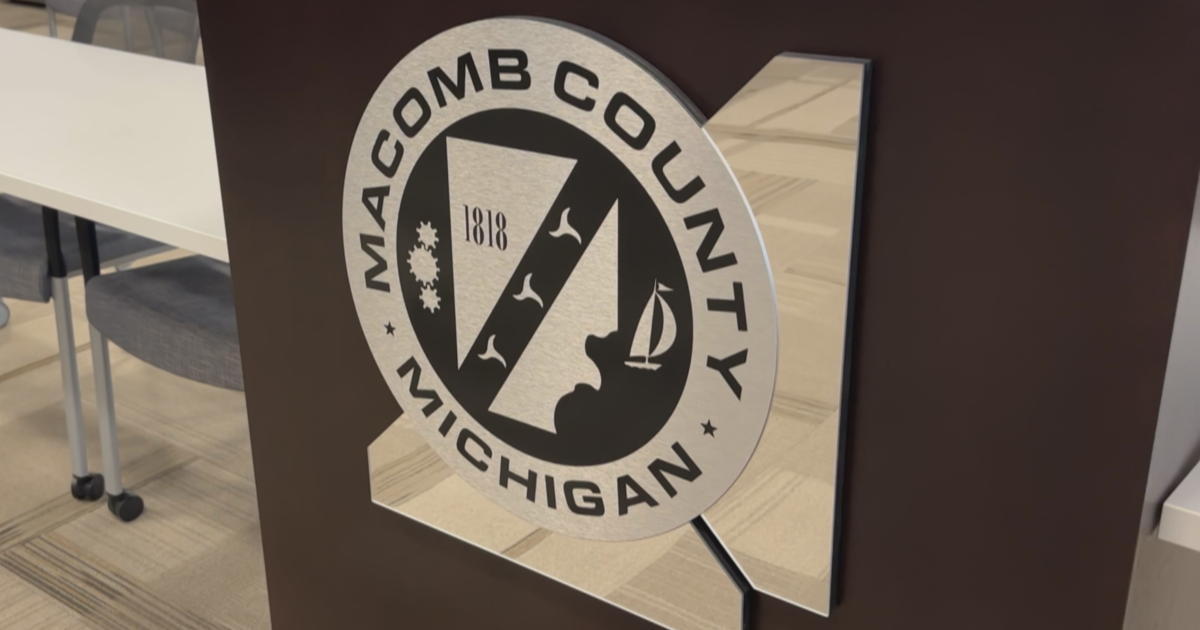Recovering From A Hip Fracture
*This content is provided by Waltonwood Senior Living.
Q: My father fell in his driveway a few months ago and broke his hip. The doctor says he's healing well but he still complains of pain and we can't get him out like we used to. What should we do? He's 78 and in overall good health.
Peggy K.
Novi, MI
A: Your father's situation is not unusual. More than 351,000 Americans fracture their hips each year and nowadays one out of three is a man. For an older person in poor health, a hip fracture can lead to complications and be life-threatening. Fortunately your father was active and in good health, so his chances of a complete recovery are high but will require time and patience.
Healing from hip fracture comes in two parts, according to Mark Luborsky, Ph.D., a Wayne State University professor and head of the Hip Fracture Project at the Institute of Gerontology. "Medical treatments to repair hip fracture, including surgery, are now very effective," said Dr. Luborsky. "But then the emotions, fears and isolation must also be healed."
As a person takes the weeks and months to rehabilitate after the fracture, they often lose connections to friends and neighbors. They may face obstacles as they move about their community and fear falling. They may think, "A broken hip! Am I really getting old?" To avoid risk, they often stay home becoming even more isolated and possibly depressed. Lack of mobility further stiffens the hip joint causing pain that discourages movement.
"You see how the cycle forms that can lead to wheelchair use and being housebound," said Dr. Luborsky. "As his physician allows, you must encourage your father to walk, swim, do balance exercises and other activities that will improve his confidence and mood." Here are other tips to decrease the chances of him falling again.
1. Fall-proof the home – clear clutter, remove area rugs, install grab bars in the bathroom, check stairs for structural soundness, and put a non-slip mat in the tub. Check the driveway where your father fell and repair cracks and uneven terrain. Did the fall happen at night? Your father may need better outdoor lighting. Our eyesight dims by about 40% as we age, meaning we need 40% more light to see as clearly as we did in our 20s.
2. Sensible shoes – Check shoes for sole wear and loose areas that might catch as he walks. Running shoes and other athletic shoes, while comfortable, are not always the best choice for safe walking because the resilient soles can stick and impair balance. A thinner, flat shoe with a non-skid sole may be easier to control.
3. An eye exam – Vision problems can contribute greatly to dizziness, loss of balance and falls. If your father wears glasses, have the doctor check his field of vision as he walks or climbs stairs. Today's glasses often have smaller lenses which means that if your father looks down without bending his head (flexibility lessens as we age), his eyes don't look through the lens. This makes stairs and pathways blurry and hazardous.
4. Review medications – Ask your father's primary physician to analyze all current medications for interactions or side effects that could cause dizziness or sudden weakness. Make sure the list includes over-the-counter medicines such as allergy pills, cough medicines, vitamins and herbal remedies.
Recovery from a hip fracture takes commitment, time and effort. Your father may need extra help and a walking aid as he recovers, but this doesn't necessarily mean permanent dependence. More than a third of all hip fracture patients regain full function and mobility.



